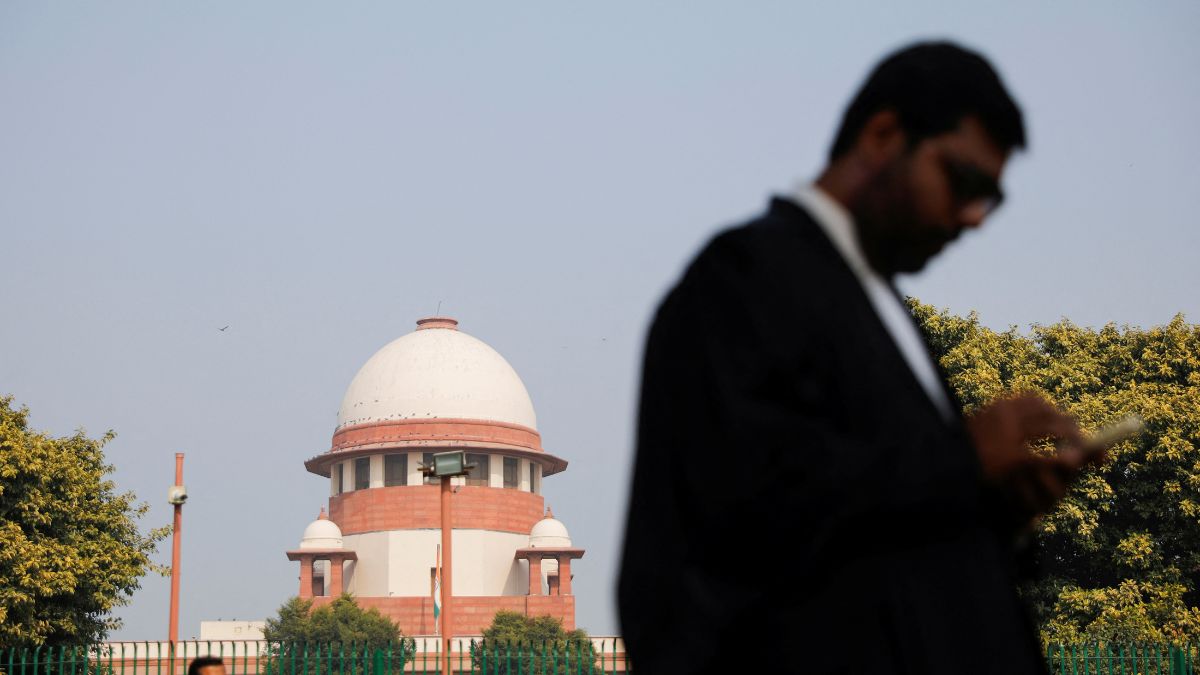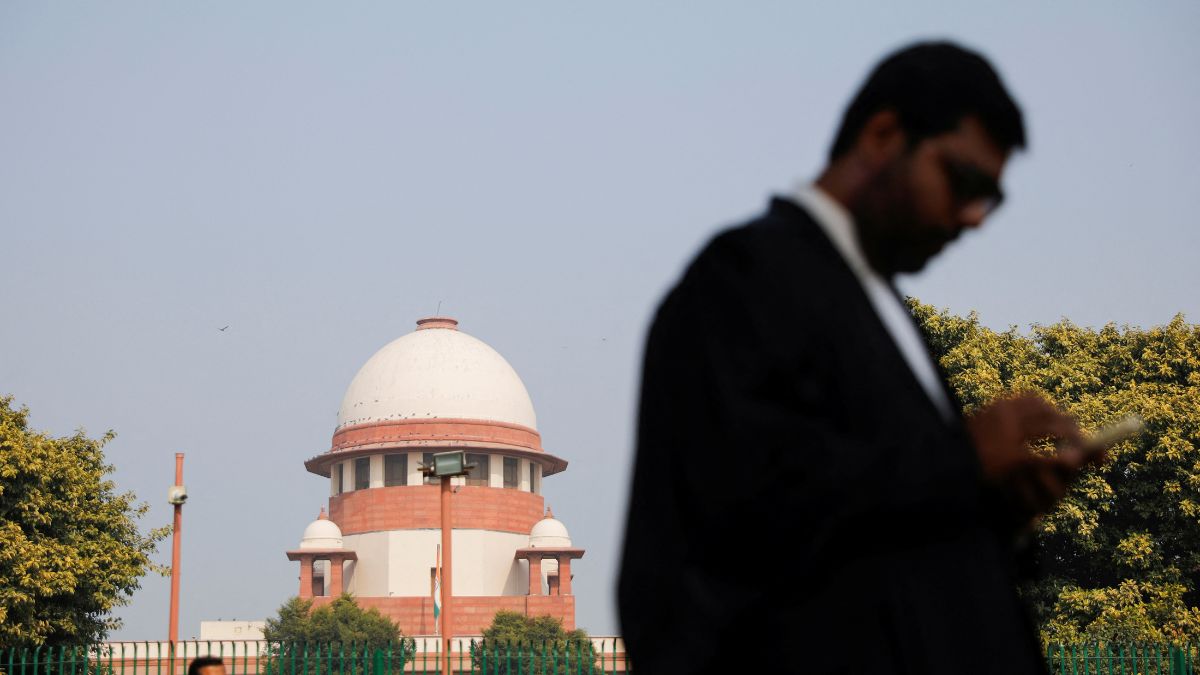A new bank from billionaires with ties to US President Donald Trump has been approved.
Erebor Bank, backed by Peter Thiel, Palmer Luckey, and Joe Lonsdale, received in-principle approval from the Office of the Comptroller of the Currency (OCC) – the agency that regulates national banks.
Erebor has received a conditional federal charter from the authorities.
But what do we know about the bank? What does this mean?
Let’s take a closer look.
What we know about the bank
Erebor Bank is headquartered in Columbus, Ohio.Of its co-founders, Thiel is a billionaire, founder and chairman of data firm Palantir, while Luckey is co-founder of Anduril Industries, a military contractor. Lonsdale is the chief of venture capital firm 8VC and also co-founder of Palantir.
All three donated heavily to Trump’s re-election campaign in 2024.
The firm, in its charter, said it will "operate as a banking organisation providing traditional banking products, as well as virtual currency-related products and services." It will aim to get technology firms and ultra-high-net-worth individuals involved in digital assets as clients.
Erebor said it will run digital-first operations from Columbus, Ohio, and New York. It will offer clients lending, custody, and payments services over digital-asset rails. The development comes after it filed its papers on 11 June and months of review by regulators.
Erebor, in its filing, said it aims to become “the most regulated entity conducting and facilitating stablecoin transactions,” to increase “broader acceptance of stablecoins,” and to accept cryptocurrencies as collateral for some loans.
Thiel’s Founders Fund and Lonsdale’s 8VC have invested in Erebor, putting its value at a minimum of $2 billion (approx Rs 17,596 crore).
A source close to the company told the Financial Times it aims to be “a stable, low-risk, reliable bank doing normal banking things without screwing everyone over with undue risk.”
The preliminary approval will allow Erebor to solicit deposits, hire staff, and build infrastructure. However, it will now be audited for cybersecurity, capital, and anti-money-laundering. It will take another nine or ten months to become fully operational. Erebor is yet to receive approval from the Federal Deposit Insurance Corporation (FDIC), which provides insurance in case a bank fails.
Interestingly, Erebor, much like Palantir, has a link to Tolkien. While Palantir was the name given to the ‘Seeing Eye’ orbs, Erebor was known as Lonely Mountain – which was first the home to the elves and then the dragon Smaug. Smaug, who appears in The Hobbit, was known for his love of gold and hoarding wealth.
What this means
It means that the Trump administration is further signalling its openness to digital currencies. This comes even as Congress continues to debate over market structure and restrictions on central bank digital currency (CBDC).
Erebor is now the first de novo bank (meaning from the ground up) to receive a federal charter under Comptroller Jonathan Gould’s tenure.
Gould previously worked as chief legal officer at Bitfury, a bitcoin mining company. He was also a senior official in the OCC during the first Trump administration.
“I am committed to a dynamic and diverse federal banking system, and our decision today is a first but important step in living up to that commitment,” Gould said.
The OCC “does not impose blanket barriers to banks that want to engage in digital asset activities,” Gould added. “Permissible digital asset activities, like any other legally permissible banking activity, have a place in the federal banking system if conducted in a safe and sound manner.”
Cryptocurrency has enjoyed a remarkable run under US President Donald Trump, whose regulators have taken a hands-off approach and even passed legislation supporting it, like the Genius Act, which lays out rules on how to issue stablecoin – whose market has grown almost 18 per cent in 2025 to approximately $312 billion (approx. Rs 27,47,376 crore).
Indeed, the Trump family itself has embarked on numerous crypto ventures since returning to the White House in January, including with World Liberty Financial Inc., and crypto-mining firm American Bitcoin.
This is the first such digital asset bank to get approval since the collapse of Silicon Valley Bank (SVB) in 2023, and others such as Silvergate, Signature Bank, and First Republic. Many such banks were denied charter to set up or even shut down in the aftermath of the SVB disaster – which sent shockwaves into America’s start-up and venture capital system.
Experts say this could be a massive sea change in how banking in America is conducted. However, Democratic Senator Elizabeth Warren slammed the OCC’s decision, saying it could result in “another bailout funded by American taxpayers” that could “destabilise our banking system.”
Warren was among three Senators that had called on Gould to investigate potential conflicts of interest related to President Trump’s personal involvement in crypto ventures, particularly a stablecoin issued by World Liberty Financial known as USD1.
With inputs from agencies


)

)
)
)
)
)
)
)
)



